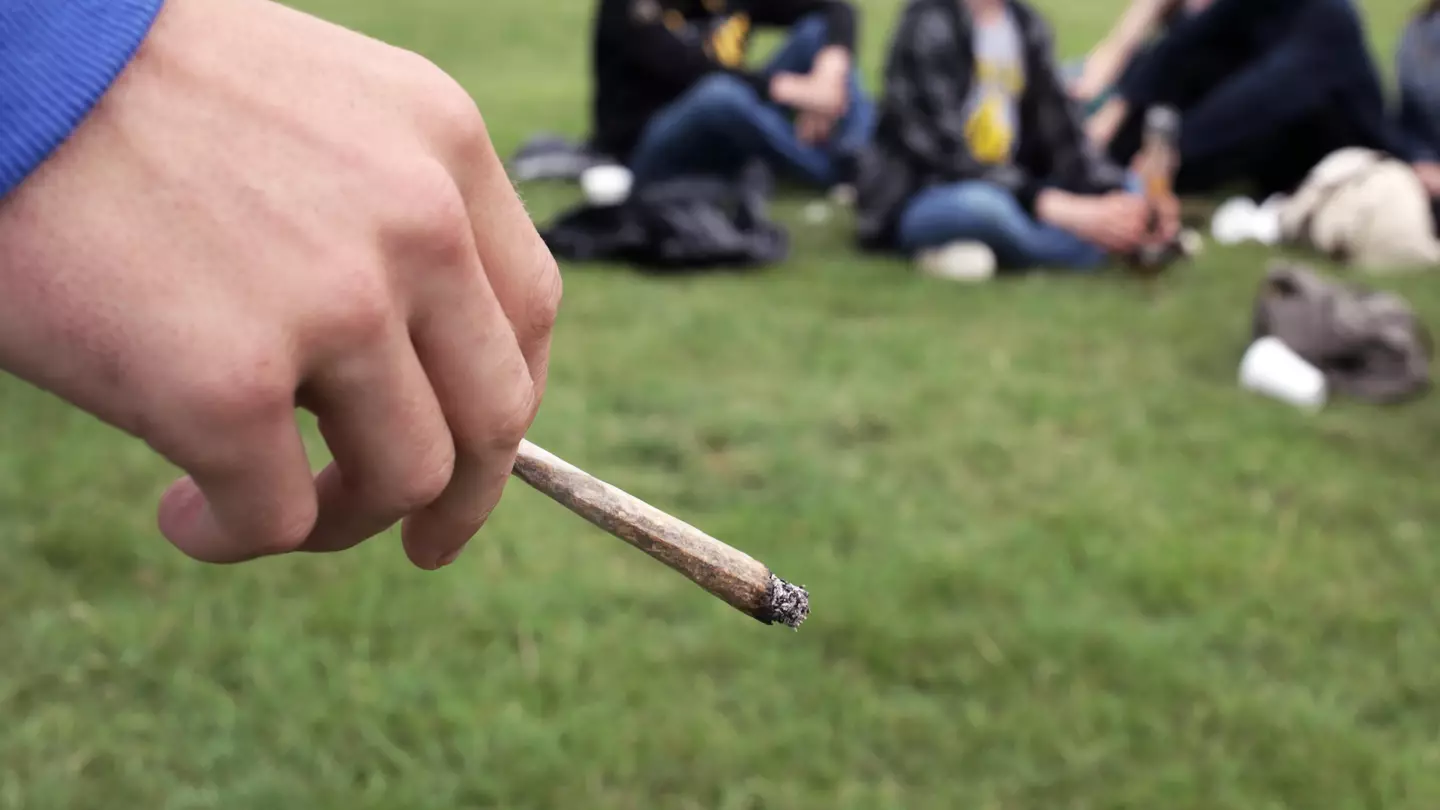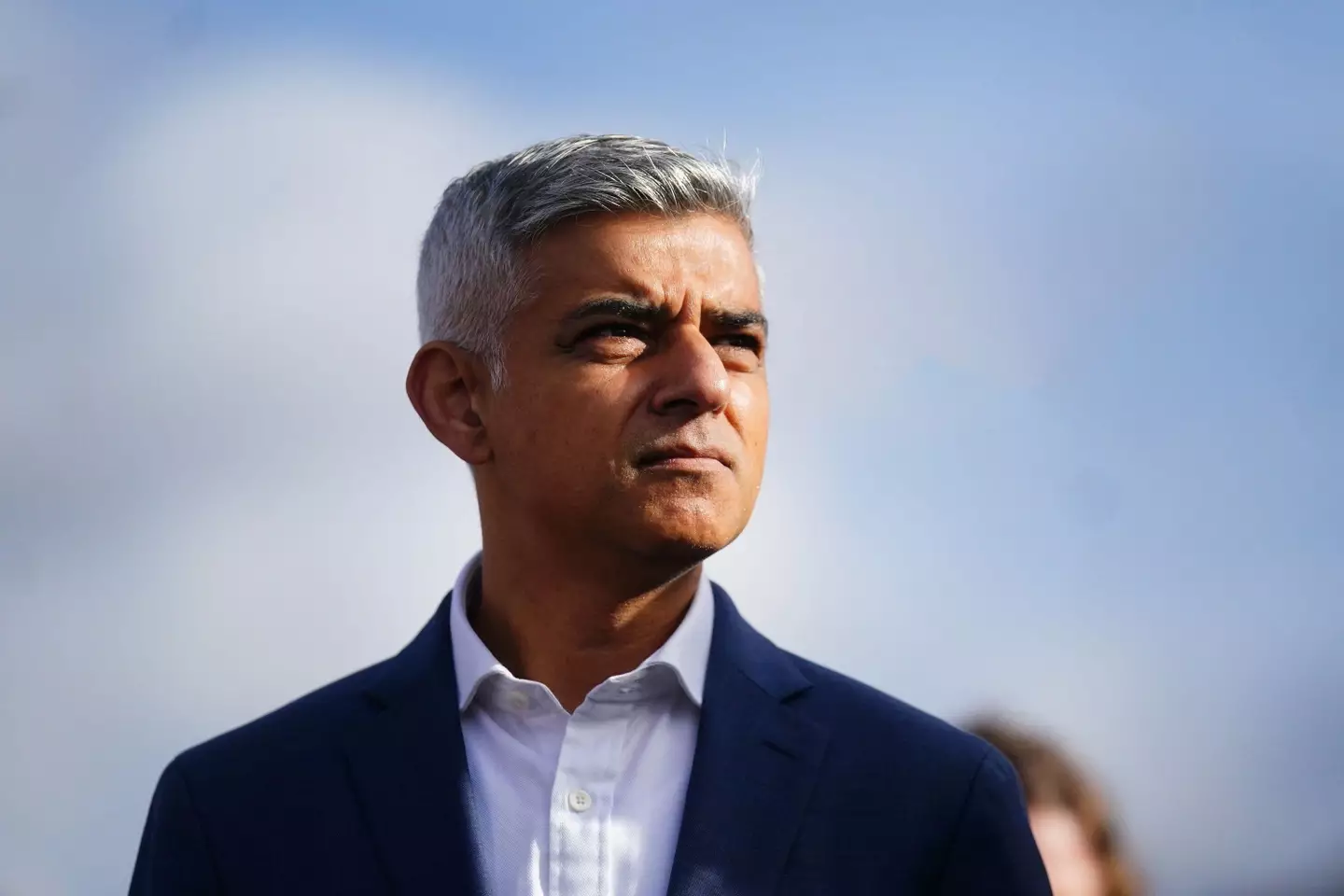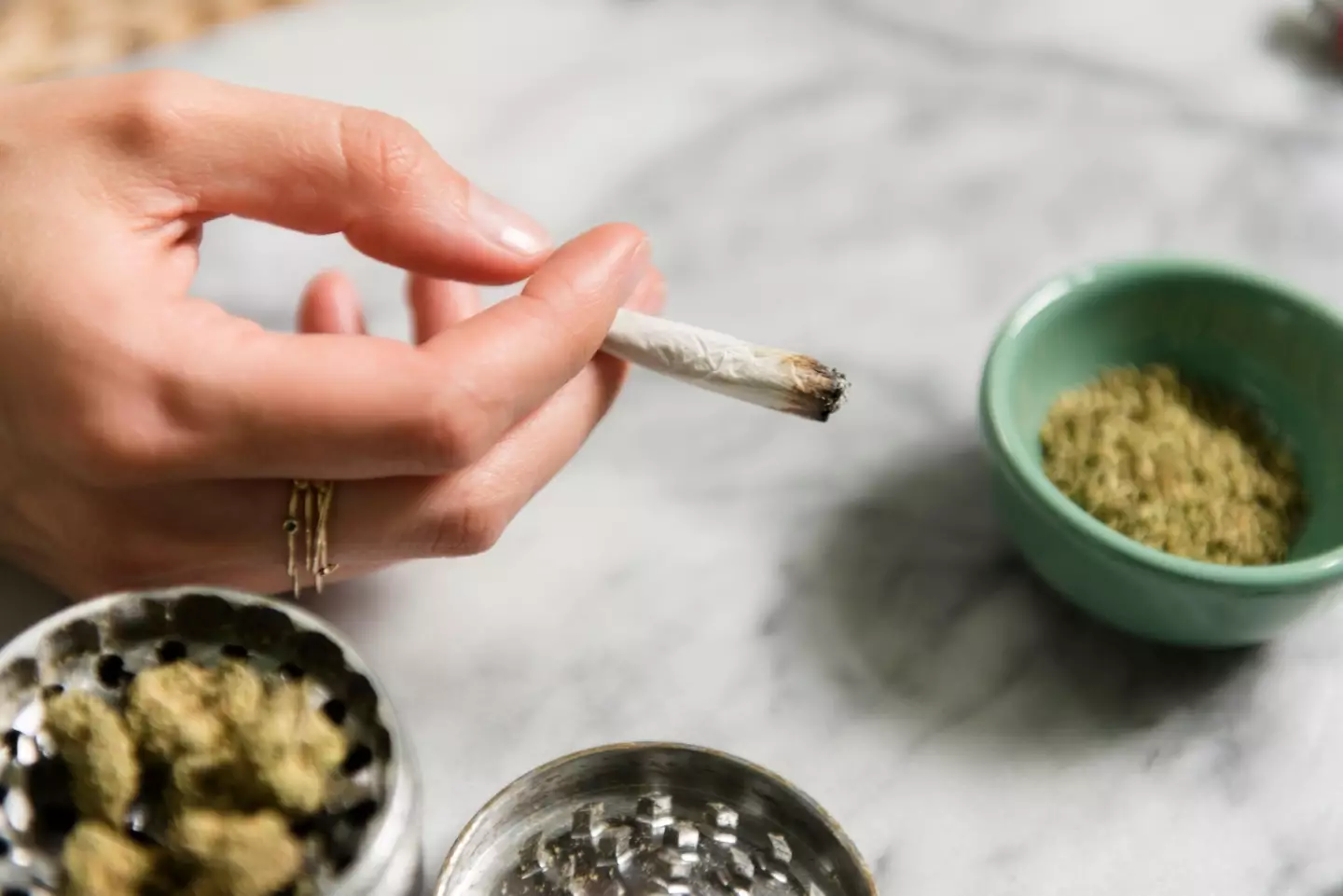
The mayor of London is set to decriminalise a number of drugs in the capital, according to a new report from the Telegraph.
The news outlet reports that Sadiq Khan is planning to roll out a new scheme in a bid to ‘end prosecution of young people caught with cannabis’ and other Class B drugs.
Under current laws, those in possession of Class B drugs like cannabis and ketamine could face ‘up to 5 years in prison, an unlimited fine or both’, as outlined on the government website.
But if they are decriminalised, the criminal penalties for those caught with the illegal drugs for their own use would be removed.
Instead, Khan is said to be launching a ‘counselling scheme’ for people under 25 caught with such drugs, with the London boroughs of Lewisham, Greenwich and Bexley reportedly the first to take part in the initial stages.

The idea is based on research that suggests police time would be spent better tackling more serious crime, meaning officers would be told not to arrest young people found with substances like cannabis, ketamine and speed.
According to the Telegraph, the new scheme – which is spearheaded by Lewisham Mayor Damien Egan - will be announced this month.
It follows similar schemes previously tested by police and crime commissioners in Avon and Somerset, Durham and the West Midlands.
According to Transform Drugs, in Avon and Somerset, a ‘Drug Education Programme’ meant that those caught with ‘small amounts of any drug for the first time’ could choose the criminal justice route or a drug education course.

Durham Police also introduced a ‘Checkpoint Programme’, which saw people avoid prosecution if they completed a ‘4 month contract requiring no reoffending, community work, restorative justice measures, and work with a “navigator” to address underlying problems’.
Professor John Middleton, President of the UK Faculty of Public Health, is quoted as saying in a 2018 pamphlet from the organisation: “Criminalisation and incarceration for minor, non-violent offences worsen problems linked to illicit drug use, such as social inequality, violence and infection. Possession and use should be decriminalised and health approaches prioritised.”
Last month, Prime Minister Boris Johnson announced a crackdown on drug users.
He said: "What we’re also saying is we’re not going to sit idly by when you have lifestyle users also using Class A drugs, and we’re going to be coming down tougher on them.
"We are looking at doing things to tackle those so-called lifestyle drug users who don’t think they are part of the problem. In the end, all the demand is helping to create the problem.
"The 300,000 problem drugs users, you’ve got to deal with what is going on there, you’ve got to make sure they are given rehab, you’ve got to come down tough on the county lines gangs, but you’ve also got to think about what is happening with the demand, the economic advantage that is given to the gangs by the lifestyle users as well."
Featured Image Credit: Alamy